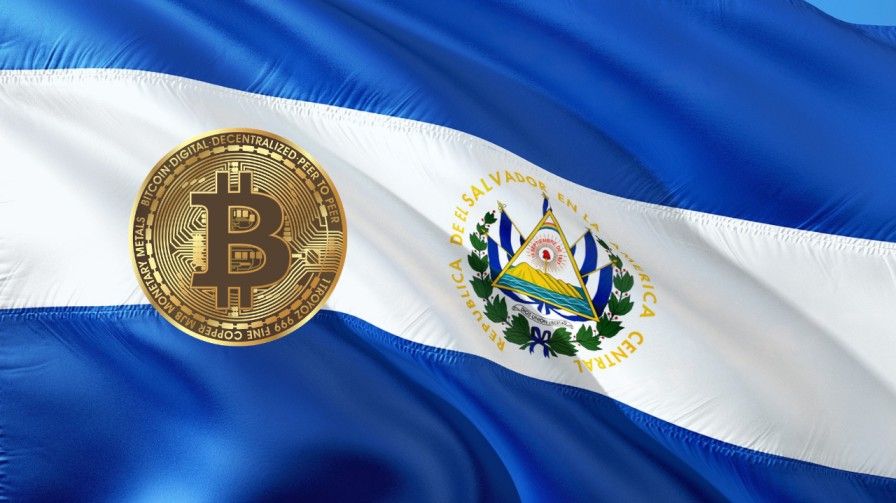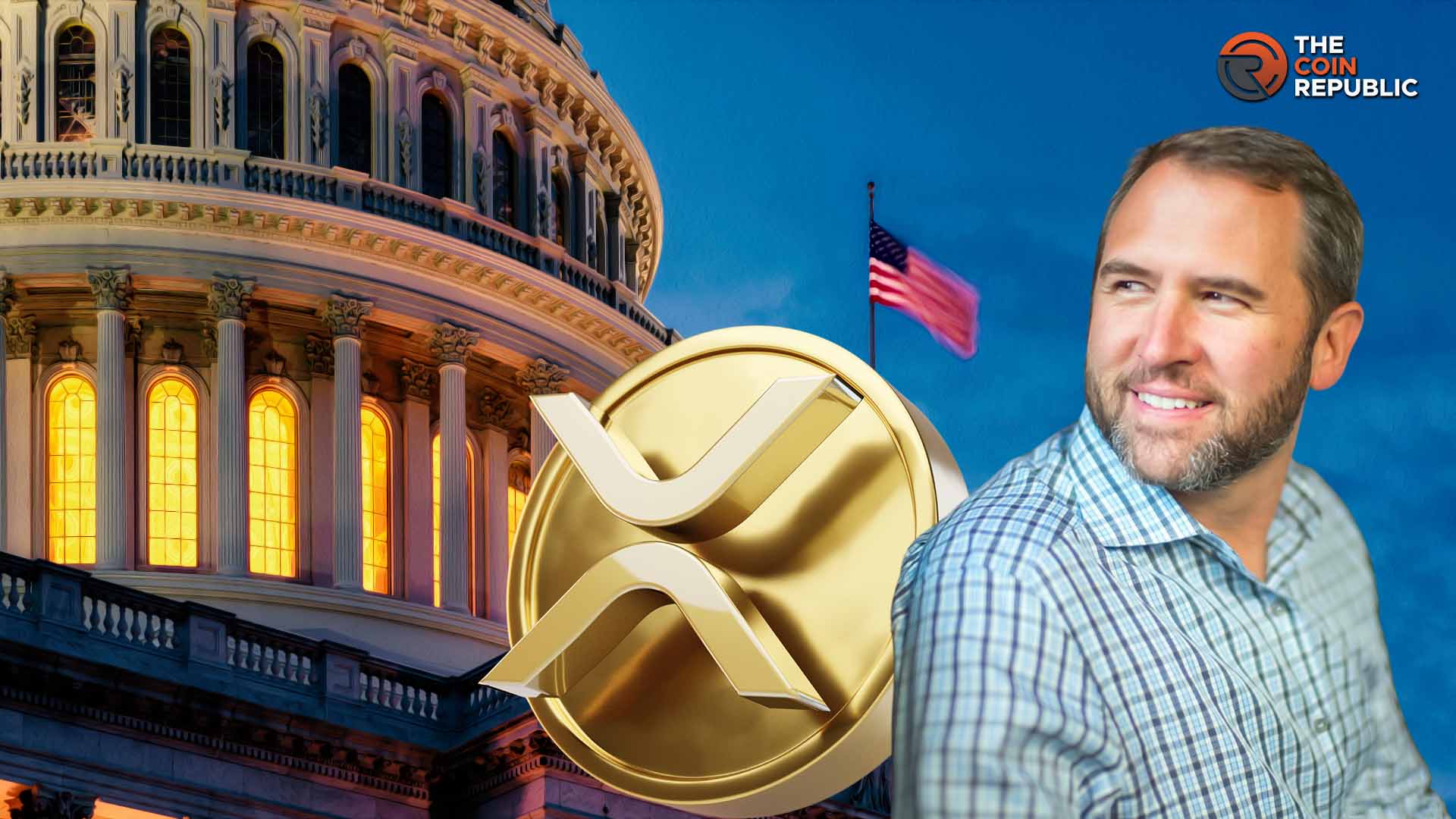El Salvador, the first country in the world to adopt Bitcoin as legal tender, has just struck a $1.4 billion loan deal with the International Monetary Fund (IMF). This deal, however, comes with a catch — the country has agreed to scale back its controversial Bitcoin policies.
El Salvador’s Bitcoin Gamble Takes a New Direction
In 2021, El Salvador shocked the world by becoming the first country to make Bitcoin legal tender. President Nayib Bukele championed the move, arguing it would attract foreign investment, reduce remittance fees, and make El Salvador a global hub for blockchain innovation.
But not everyone agreed. The IMF repeatedly raised concerns about financial stability and economic risks, warning that Bitcoin’s volatility could jeopardize the country’s economy.
After years of resistance, El Salvador has now agreed to ease its Bitcoin requirements for businesses as part of the loan agreement with the IMF. Private businesses will no longer be forced to accept Bitcoin as payment, and public sector transactions and Bitcoin-related economic activities will be restricted. This shift comes as the country faces economic pressure, with mounting debts and dwindling cash reserves. The $1.4 billion IMF loan is intended to stabilize El Salvador’s economy, but it also reflects a concession on Bukele’s Bitcoin vision.

What Does the IMF Loan Mean for Bitcoin in El Salvador?
The IMF deal does not mean that Bitcoin will be removed as legal tender, but it does mark a shift in its role within the country. Here’s what changes with this new deal:
- Bitcoin Is No Longer Mandatory for Businesses: Previously, businesses were legally required to accept Bitcoin as payment if customers requested it. Under the new rules, this is now voluntary.
- Public Sector Restrictions: Government bodies will face stricter rules on Bitcoin usage, with reduced involvement in Bitcoin-related activities, purchases, or investments.
- Investor Confidence: The IMF sees this as a victory for economic stability, but for Bitcoin enthusiasts, it signals a setback for Bitcoin adoption at the state level.
This move highlights the IMF’s influence on crypto policy, especially in countries seeking financial aid. It also reveals how far El Salvador is willing to compromise to secure much-needed cash for its economy.
Why Did the IMF Oppose El Salvador’s Bitcoin Policies?
The IMF’s opposition to El Salvador’s pro-Bitcoin policies has been a long-standing dispute. Here’s why the IMF was concerned:
1️⃣ Volatility Risks
- Bitcoin’s price swings could create budgetary imbalances for El Salvador, especially if public funds were tied to the asset.
- For example, in 2022, El Salvador’s Bitcoin reserves lost millions in value when the crypto market crashed.
2️⃣ Debt and Fiscal Responsibility
- The IMF viewed the use of Bitcoin in government transactions as risky, as it could jeopardize El Salvador’s access to loans and increase debt.
3️⃣ Unregulated Market Concerns
- Since Bitcoin operates outside traditional financial oversight, the IMF was concerned about potential issues related to money laundering and illicit activity.
Bitcoin’s Rise to $108K – What’s Next for the Crypto Market?
While El Salvador’s Bitcoin policies are being rolled back, the price of Bitcoin is still on a tear. Earlier this month, Bitcoin hit a new all-time high of $108,000, fueled by renewed optimism in the crypto market.
However, since then, Bitcoin has faced some turbulence. It recently dropped by 5% to $97,000, driven by comments from Federal Reserve Chair Jerome Powell and a broader market correction.
BTC/USD 4-hours chart – TradingView
Here’s a breakdown of what’s happening:
U.S. Federal Reserve Announcement
- Powell announced that the pace of interest rate cuts will slow next year.
- This news created uncertainty in financial markets, causing a pullback in both stocks and cryptocurrencies.
Bitcoin’s Flash Crash
- Bitcoin saw a sudden dip as low as $94,000, but it quickly rebounded to $97,000.
- Analysts suggest this was caused by large whale liquidations, where big investors sell off large amounts of BTC, triggering panic sells.
Jerome Powell’s Key Statement
- Powell clarified that the Federal Reserve is not allowed to hold Bitcoin reserves under current U.S. laws.
- This statement shattered speculation that the U.S. might one day hold Bitcoin in its treasury, cooling investor sentiment.
How Does Donald Trump Affect Bitcoin’s Price?
Bitcoin’s price surge was also influenced by the U.S. presidential election. When Donald Trump won the U.S. election, crypto markets saw a surge in demand, with Bitcoin leading the rally.
Trump is seen as a pro-crypto president, especially compared to President Biden, whose administration was seen as less friendly toward cryptocurrencies. Market optimism surrounding Trump’s win fueled a buying frenzy that helped push Bitcoin to its new record high of $108,000.
While Trump’s victory provided a short-term boost, Federal Reserve policies remain a bigger long-term factor. With Powell’s recent remarks, the market is now grappling with the possibility that Bitcoin’s path to institutional adoption may face more hurdles than expected.
Bitcoin Price Prediction – Can BTC Break $110K Again?
Bitcoin’s price is currently at $97,000, down from its peak of $108,000 earlier this month. Here’s what analysts are predicting for the next move:
Bearish Scenario:
- If market uncertainty continues, Bitcoin could test its support at $94,000.
- If this level breaks, the next major support is at $90,000, and further drops could follow.
Bullish Scenario:
- If Bitcoin can regain momentum, it could aim for $110,000 as the next target.
- However, this would require renewed buying pressure from whales and bullish sentiment returning to the market.
Long-Term Outlook:
- Analysts remain bullish on Bitcoin’s long-term potential, especially with growing interest from hedge funds and institutional investors.
- Bitcoin’s four-year halving cycle is also expected to trigger another bull run in 2025.
For now, Bitcoin’s next move depends on how it reacts to the $94,000 support and whether investors can regain confidence after Powell’s comments.











